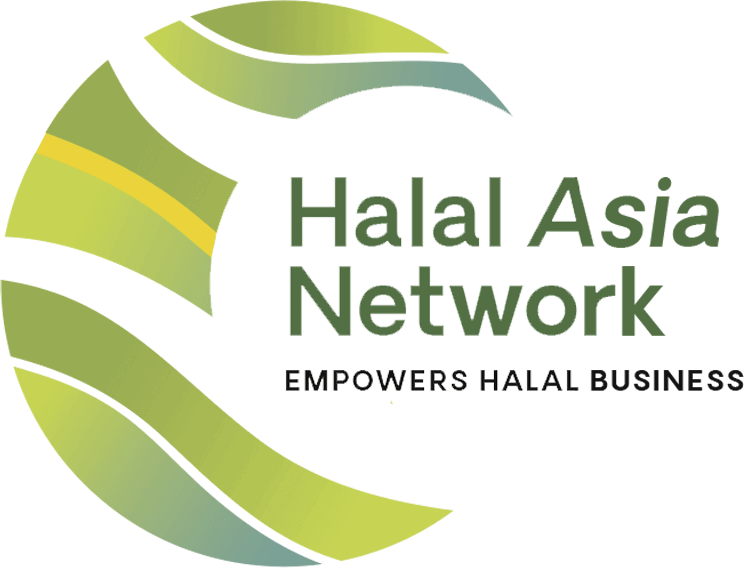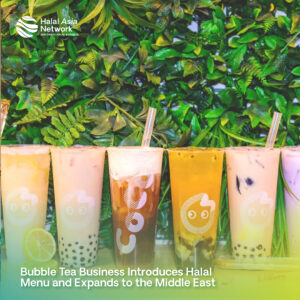Bubble tea, also known as Boba tea, is a beverage that developed in Taiwan in the 1980s and has since become one of Asia's most famous drinks. Aside from tea, the primary ingredients of Bubble Tea are milk, sugar, and pearl-shaped chewy tapioca. Data shows that the Bubble Tea market is on an upward trend with no signs of slowing, and it is anticipated to grow by 66% over the following seven years, from US$2.46 billion in 2023 to US$4.08 billion by 2030. Some analyses identify variables such as a preference for non-alcoholic beverages, an increase in the number of middle-class people in emerging countries, particularly in the Asian region, and a preference for tea over coffee and soft drinks due to health concerns.
The emergence of Bubble Tea also occurred in the Middle East, an area with a rich tradition of tea as a popular beverage. Bubble Tea combines tea, a traditional beverage in the Middle East, with modern additives such as tapioca pearls. This drink has become a symbol of modernity, and popular Bubble Tea brands such as CoCo Bubble Tea have been able to capitalize on this momentum by offering halal menus tailored to the tastes of the Middle East. To demonstrate their devotion to Halal principles, CoCo Bubble Tea achieved halal certification, which not only adhered to dietary halal requirements but also accommodated cultural values and practices from the Middle East region. Concerned about the health advantages of food and beverages, CoCo offers a low-sugar drink with a robust taste.
Currently, CoCo has 5,000 locations worldwide, and the launch of a halal menu is a strong indication that this firm is capable of conducting precise Research and Development (RnD) processes, with innovation becoming a significant value of the company. CoCo also established franchise relationships in the Middle East, promising consistent development in business. CoCo's position has also served as an essential standard for other companies looking to expand into the Middle East region while adhering to the Halal Principle to satisfy consumer tastes. This also became a good precedent since one corporation with diverse cultures and values is able to reach one region with significant disparities in culture and customs.
Assessment
The food and beverage sector is continually evolving, introducing new varieties of food and beverages. Culture, materials, and demographics all have an impact on the development of novel food and beverage varieties. Bubble Tea has become one of the most popular beverages in East and Southeast Asia, and it will soon grow in the Middle East, which has a strong tea-drinking culture. Bubble Tea's expansion into other countries, particularly the Middle East, must consider religious values. In the Middle East, Islamic values have become fundamental principles in food and beverage production; thus, adherence to the halal concept has become a critical feature that food and beverage enterprises must follow. Regarding this criteria, CoCo has already completed halal certification and is permitted to market its products in the Middle East region. Not just innovation but adherence to Halal rules has become one of the most essential factors for food and beverage firms looking to extend their market to a country with a sizeable Muslim population.

